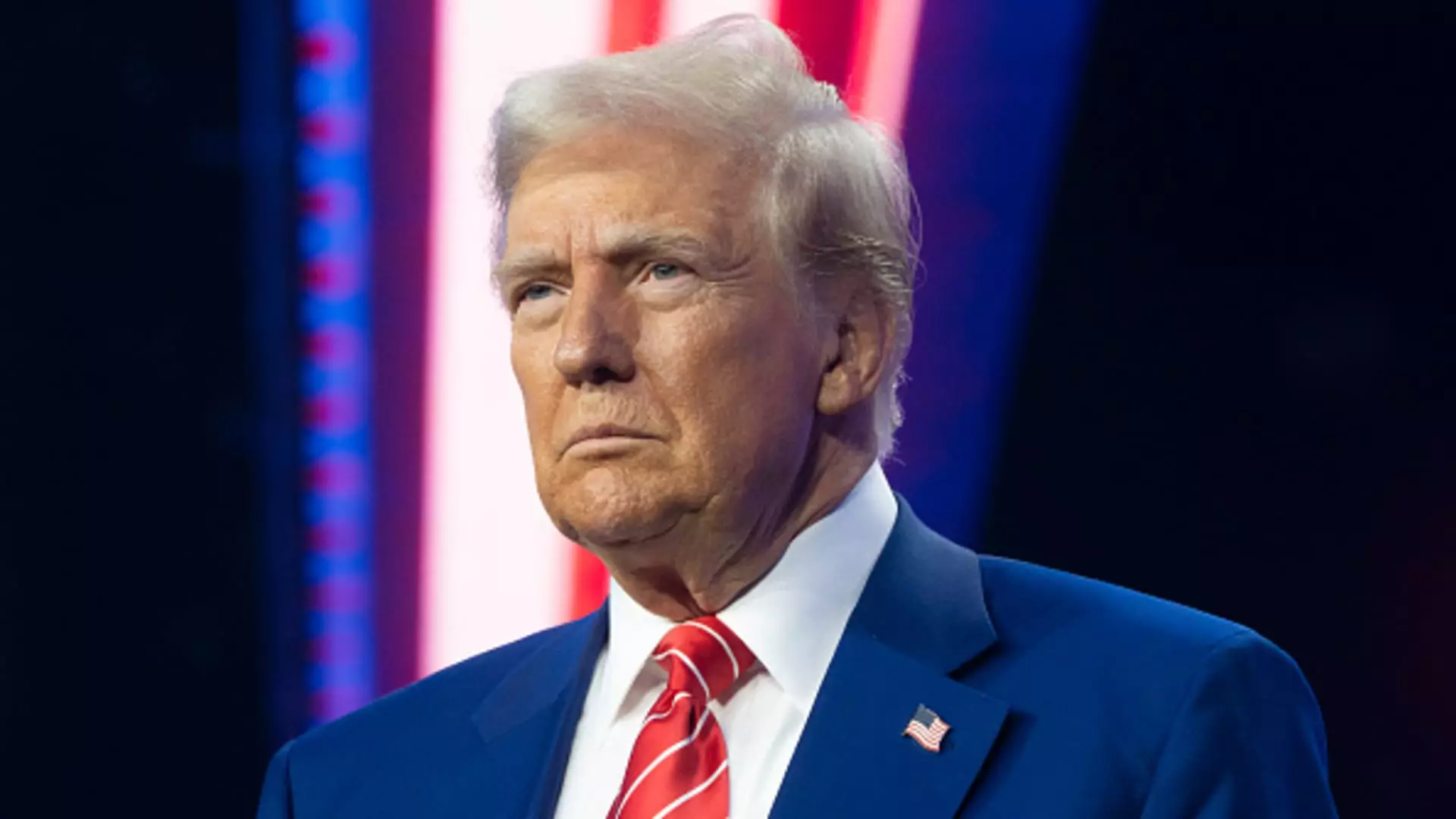The passing of Jimmy Carter at the remarkable age of 100 marks a significant moment in American history, highlighting the enduring legacy of leadership in the political arena. President-elect Donald Trump’s announcement of his attendance at Carter’s state funeral on January 9 at the National Cathedral in Washington, D.C., emphasizes a crucial aspect of political decorum: respect for those who came before. While Trump did not disclose his interactions with Carter’s family after the former president’s death, the intent to honor a fellow leader radiates an air of acknowledgment of Carter’s contributions, which spanned decades, from his presidency to his post-presidential humanitarian efforts.
In the aftermath of Carter’s death, Trump’s focus swiftly shifted to the House of Representatives, where he expressed firm support for House Speaker Mike Johnson’s re-election. Scheduled for a vote shortly after the new Congress is sworn in, this election is pivotal, especially after recent tensions among Republican ranks. Trump’s backing of Johnson is not merely a transactional endorsement; it symbolizes a strategic alliance aimed at uniting a faction that appears somewhat fractured, as demonstrated by the thirty-four Republicans’ rebellion against Johnson’s funding proposal last December. This discontent raises concerns about the potential for discord, yet Trump remains optimistic, asserting, “I think they’ll support Speaker Johnson. He’s the one that can win right now.”
The strength of Trump’s endorsement cannot be overstated; it carries with it the weight of his influence within the GOP. As the party navigates an increasingly polarized political landscape, maintaining unity becomes essential, particularly as they prepare for upcoming elections. Johnson’s capacity to effectively lead hinges not only on Trump’s support but also on his ability to bridge the ideological divides that threaten party cohesion. The impending Speaker vote will therefore serve as a crucible, testing the resilience and commitment of the Republican Party to its core values and leadership structure.
The intersection of these events—the funeral of a respected elder statesman and the political maneuvering by Trump and House Republicans—provides a microcosm of the current state of American politics. As leaders reflect on their legacies, the importance of leadership principles such as respect, unity, and strategic foresight emerges as significant. The episode invites key questions about how past leaders influence the present and what that means for future governance.
As Trump prepares to pay his respects to Carter, he remains emblematic of a party navigating through a period of reflection and potential realignment. The manner in which these various threads weave together will shape the narrative of the Republican Party moving forward, determined to find not only a viable path in Congress but also a lasting identity in American political life.

Leave a Reply